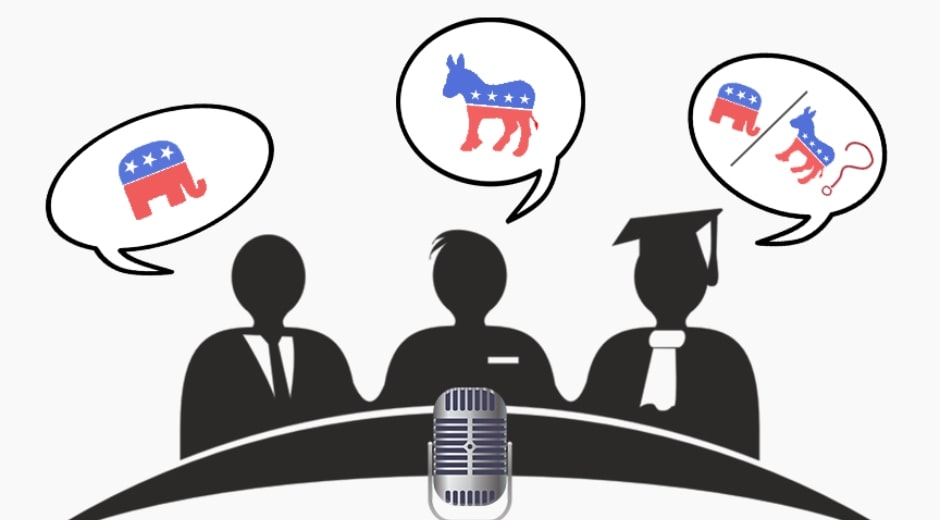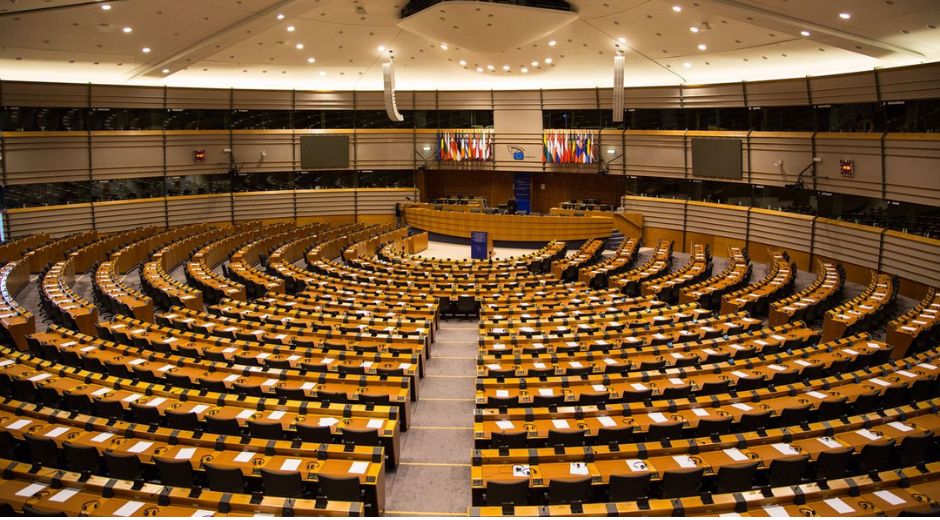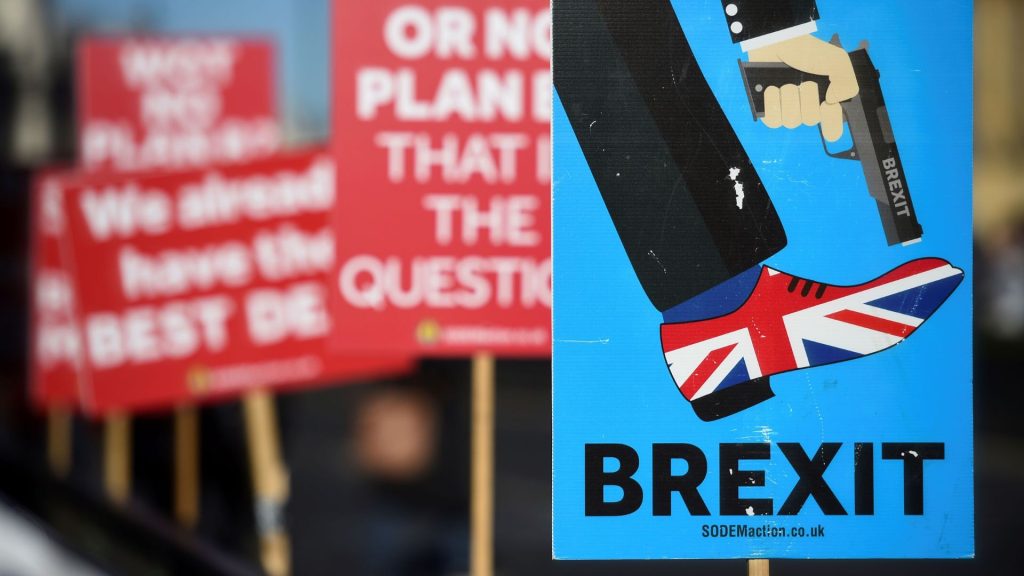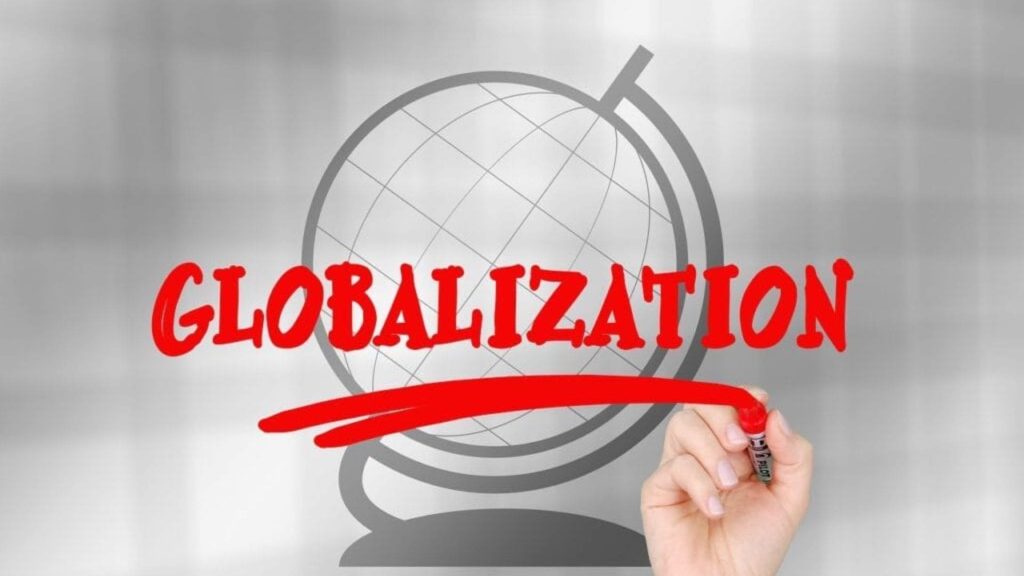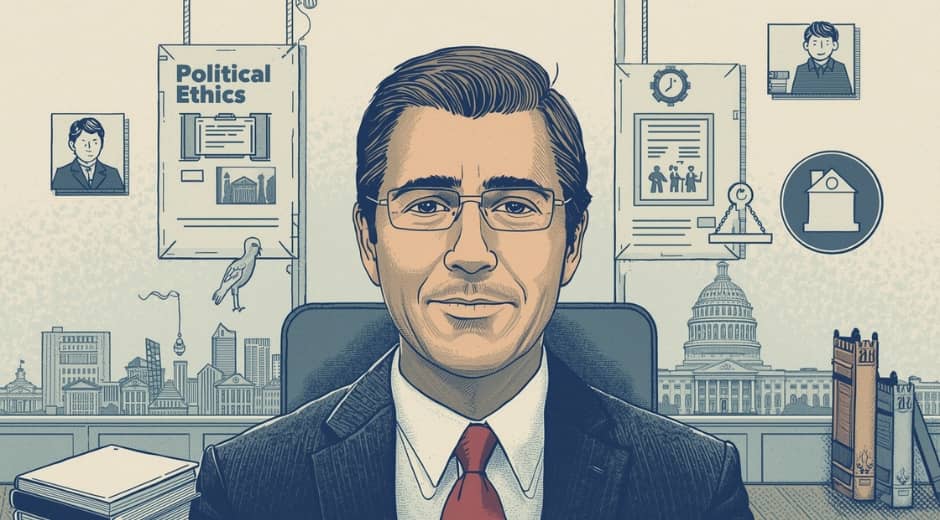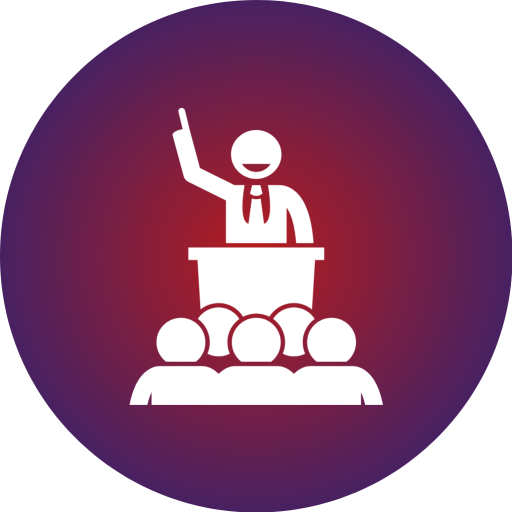6 Eye-Opening Truths About Political Ideology and Modern Society
6 Eye-Opening Truths About Political Ideology and Modern Society
Political ideology is the invisible architecture behind our opinions, policies, and social divisions. It defines how societies interpret freedom, equality, and justice. Yet, in an era of hyperconnectivity and media influence, understanding ideology has become both more complex and more crucial.
This article explores six eye-opening truths about political ideology, shedding light on how belief systems shape modern governance, identity, and even the way we interact with others.
1. Ideology Shapes Reality, Not Just Opinion
Political ideology doesn’t merely influence how people vote—it shapes how they see the world. Whether it’s conservative, liberal, or centrist, ideology molds perceptions of morality, fairness, and progress. Our personal and collective “truths” often reflect the values embedded in our preferred ideology.
2. The Internet Intensifies Ideological Divides
Social media algorithms amplify echo chambers, pushing users toward content that reinforces their beliefs. This digital reinforcement makes ideological shifts rare and polarization stronger. Recognizing this helps citizens navigate political spaces more critically and consciously.
3. Ideologies Evolve with Generations
While core principles endure, political ideologies adapt. Millennials and Gen Z, for instance, have transformed discussions on climate change, gender rights, and governance transparency. These shifts highlight the flexibility of ideology—it evolves as societies progress.
4. Education Is the Great Ideological Equalizer
Access to quality education broadens perspectives, reduces extremism, and fosters nuanced political understanding. Schools and universities that promote debate, critical thinking, and empathy help future generations engage constructively with differing ideologies.
5. Compassion Can Bridge Ideological Gaps
Compassion and shared causes—like humanitarian efforts, environmental protection, or animal welfare—can transcend political boundaries. Platforms like zoopora.com show how compassion toward animals unites people regardless of ideology, proving that kindness often triumphs where policy fails.
6. Ideology Reflects Cultural Identity
Political ideology is deeply tied to cultural context. A nation’s traditions, religion, and social norms influence its dominant political leanings. Understanding this connection helps explain why political values differ across countries yet pursue similar human aspirations—stability, prosperity, and justice.
The Power and Danger of Ideological Rigidity
When ideology becomes dogma, societies stagnate. Progress requires debate, compromise, and empathy. Recognizing when belief turns into bias is key to sustaining democracy. Political evolution depends on dialogue and the willingness to understand opposing views.
How to Stay Grounded in a Divided World
Seek Diverse Media Sources: Explore news beyond your ideological comfort zone.
Debate Respectfully: Challenge ideas, not individuals.
Find Common Ground: Shared interests—like community, family, or even animal welfare—remind us of our humanity.
Engage Locally: Real political understanding begins with your community.
Support Non-Political Causes: Volunteering with animal or environmental organizations (like zoopora.com) offers relief from ideological fatigue and restores compassion.
Conclusion
Political ideology defines much of modern life, from policy to social identity. Yet it should guide, not divide. Recognizing its influence helps individuals engage more thoughtfully and compassionately in civic life.
By embracing curiosity and compassion, we can transcend rigid labels and foster a more inclusive, understanding society—one where ideas evolve, and empathy unites.
Additional Notes
Support causes that reconnect people through shared compassion.
Learn from history; the most stable societies balance ideology with empathy.
Stay informed, stay kind, and remember—progress begins with open minds and open hearts.
The Pulse of Politics

Shadow Governance and the Networks Behind Formal Power
Shadow Governance and the Networks Behind Formal Power
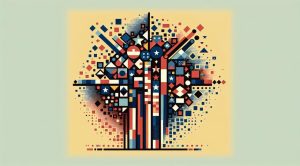
Political Fragmentation and the Rise of Multi Party Instability
Political Fragmentation and the Rise of Multi Party Instability
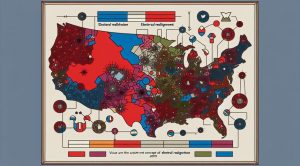
Electoral Realignment and the Voters Redrawing Political Maps
Electoral Realignment and the Voters Redrawing Political Maps

Power Consolidation and the Subtle Shift Toward Centralized Authority
Power Consolidation and the Subtle Shift Toward Centralized Authority
